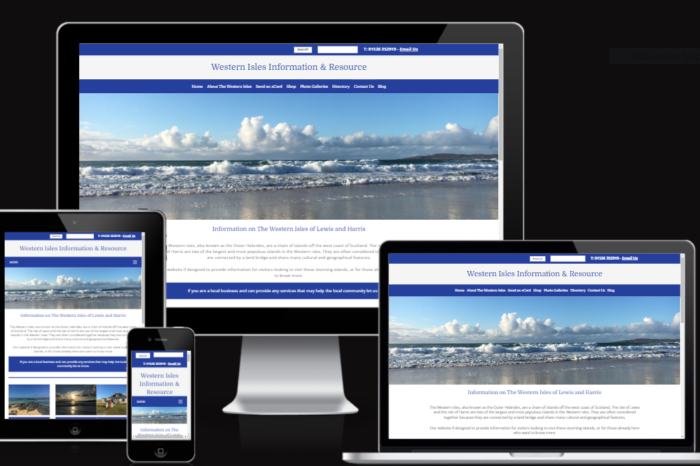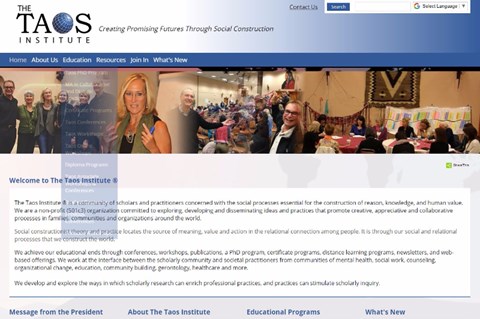On-Page Search Engine Optimization
This provide a comprehensive overview of the importance of on-page SEO and keyword research in the context of digital marketing, offering insights and strategies for effective implementation.
In the digital era, the importance of on-page SEO (Search Engine Optimization) and keyword research cannot be overstated. As businesses strive to establish their presence online, these two facets of digital marketing become indispensable tools in driving traffic, enhancing visibility, and ultimately, achieving business success.
Understanding On-Page SEO
On-page SEO refers to the practice of optimizing individual web pages to rank higher and earn more relevant traffic in search engines. This encompasses both the content and the HTML source code of a page, excluding external links and other external signals.
Key Elements of On-Page SEO
- Title Tags and Meta Descriptions: These HTML elements provide concise previews of your webpage content. Effective title tags and meta descriptions improve click-through rates and search engine rankings.
- Content Quality: High-quality, original content tailored to your audience boosts engagement and search engine ranking.
- Keyword Optimization: Strategic placement of relevant keywords in your content helps search engines understand and rank your pages more effectively.
- URL Structure: Descriptive, well-structured URLs are easier for search engines to crawl and more user-friendly.
- Mobile Responsiveness: As mobile browsing prevails, ensuring your website is mobile-friendly is crucial for good SEO.
- Page Speed: Faster loading times improve user experience and contribute positively to your site’s search engine ranking.
The Power of Keyword Research
Keyword research is the process of identifying popular words and phrases people enter into search engines. It involves understanding your audience’s needs and how they express them in search queries.
Why Keyword Research is Crucial
- Understanding Your Audience: It helps you understand the language your target audience uses, aligning your content with their interests.
- Content Relevance: By targeting the right keywords, you ensure your content is relevant and meets the specific needs of your audience.
- Competitive Edge: Knowing what your competitors rank for allows you to identify gaps and opportunities in your market.
- Long-Tail Keywords: These less competitive, more specific phrases can drive highly targeted traffic to your site.
Tools for Effective Keyword Research
- Google Keyword Planner: A classic tool for keyword data and ideas.
- SEMRush: Offers detailed keyword analytics and competitive insights.
- Ahrefs: Provides comprehensive keyword research tools and SEO insights.
Integrating On-Page SEO and Keyword Research
To maximize the impact, on-page SEO and keyword research should be integrated cohesively:
- Use keywords in critical on-page elements like titles, headings, and throughout your content.
- Analyze the intent behind keywords and align your content to meet those needs.
- Monitor and adapt your strategies based on search engine algorithm updates and evolving user behaviors.
Conclusion
On-page SEO and keyword research are not just about achieving higher search rankings; they are about connecting with your audience in the most effective way. By understanding and applying these techniques, businesses can significantly enhance their online visibility, driving more traffic, engagement, and ultimately, business growth.


